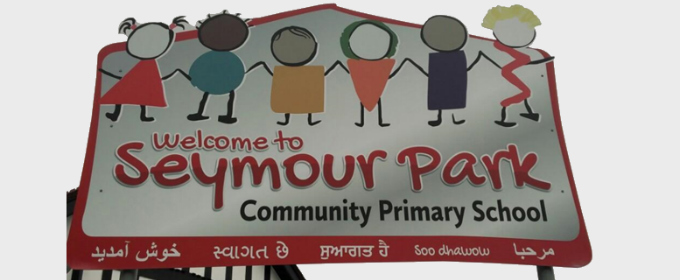On 21 February 2021, Manchester will again be celebrating UNESCO International Mother Language Day (IMLD). This year’s activities will be held online to accommodate to the pandemic conditions. For the second time, they are being coordinated by the City of Literature initiative based in Manchester’s local authority. In this blog, Professor Yaron Matras, Dr Daniele […]




